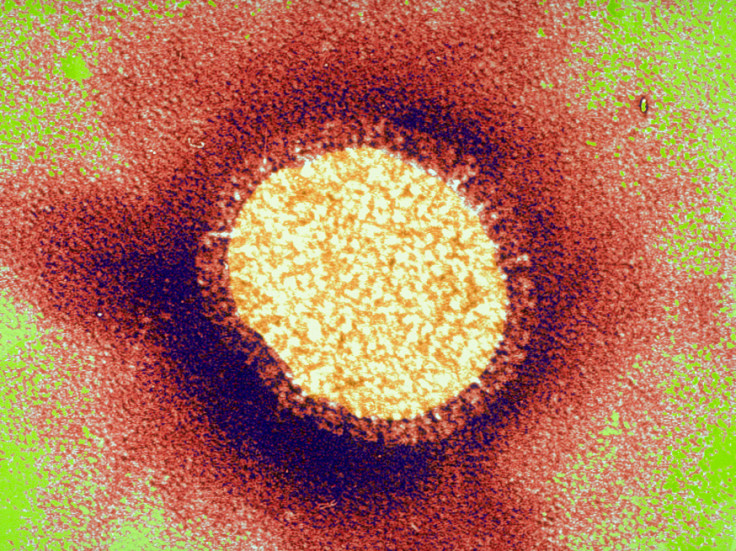Man flu? Women deal with influenza virus better than men because of oestrogen's anti-viral properties

Man flu is not a myth – it is the real deal, say researchers. Scientists discovered that the female hormone oestrogen has anti-viral properties, which means flu does not affect women as much as men.
Researchers used nasal cells from male and female donors to test the theory. They discovered that the sex hormone oestrogen reduced the amount of times the influenza virus managed to replicate.
"This is the first study to identify the oestrogen receptor responsible for the antiviral effects of oestrogens," said Sabra Klein, lead researcher in the study."[This brings] us closer to understanding the mechanisms mediating this conserved antiviral effect of oestrogens."
The study used the nasal cells from donors as that is the type of cell that is usually most affected by the influenza virus. The cells were exposed to the influenza A virus, oestrogen, and selective oestrogen receptor modulators (SERM) – compounds used in hormone therapy.
It was discovered that the female donors' cells showed less replications of the flu virus, all because of oestrogen and SERM. This essentially means that the flu was worse in the male cells.
The researchers describe that the symptoms of flu (runny nose, sore throat and headaches to name a few) get worse as more viruses enter cells and make copies of themselves. Klein describes how the oestrogen works a shield against these viruses, and how it could also be used for more severe diseases.
"Other studies have shown that oestrogens have anti-viral properties against HIV, Ebola and hepatitis viruses," said Klein. "This is the first study to identify the oestrogen receptor responsible for the antiviral effects of oestrogens, bringing us closer to understanding the mechanisms mediating this conserved antiviral effect."
The findings were published in the American Journal of Physiology, and scientists believe the results could encourage the introduction of a new method for treating illnesses. Klein said: "We see clinical potential in the finding that therapeutic oestrogens, that are used for treating infertility and menopause, may also protect against the flu."
© Copyright IBTimes 2025. All rights reserved.






















